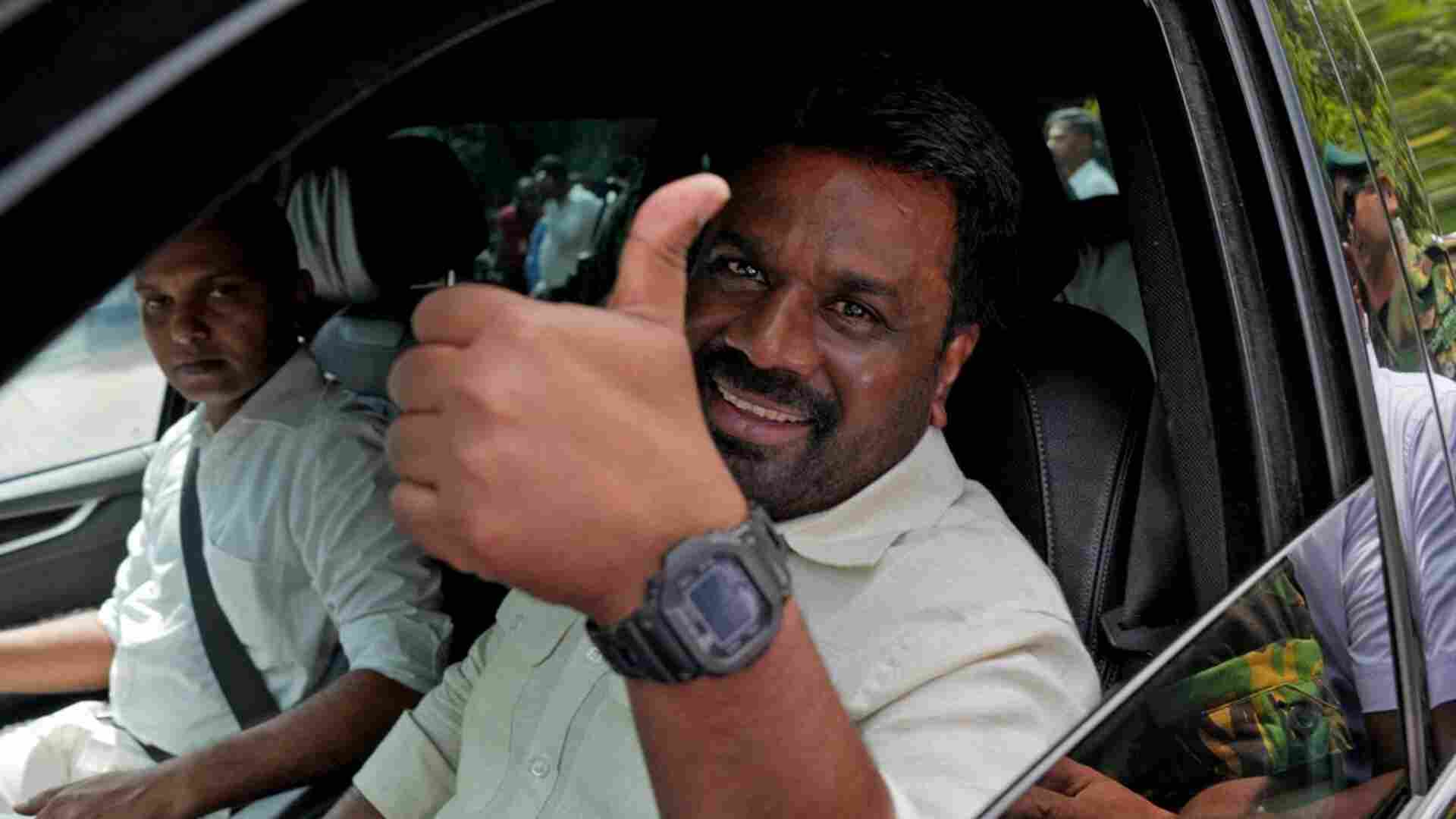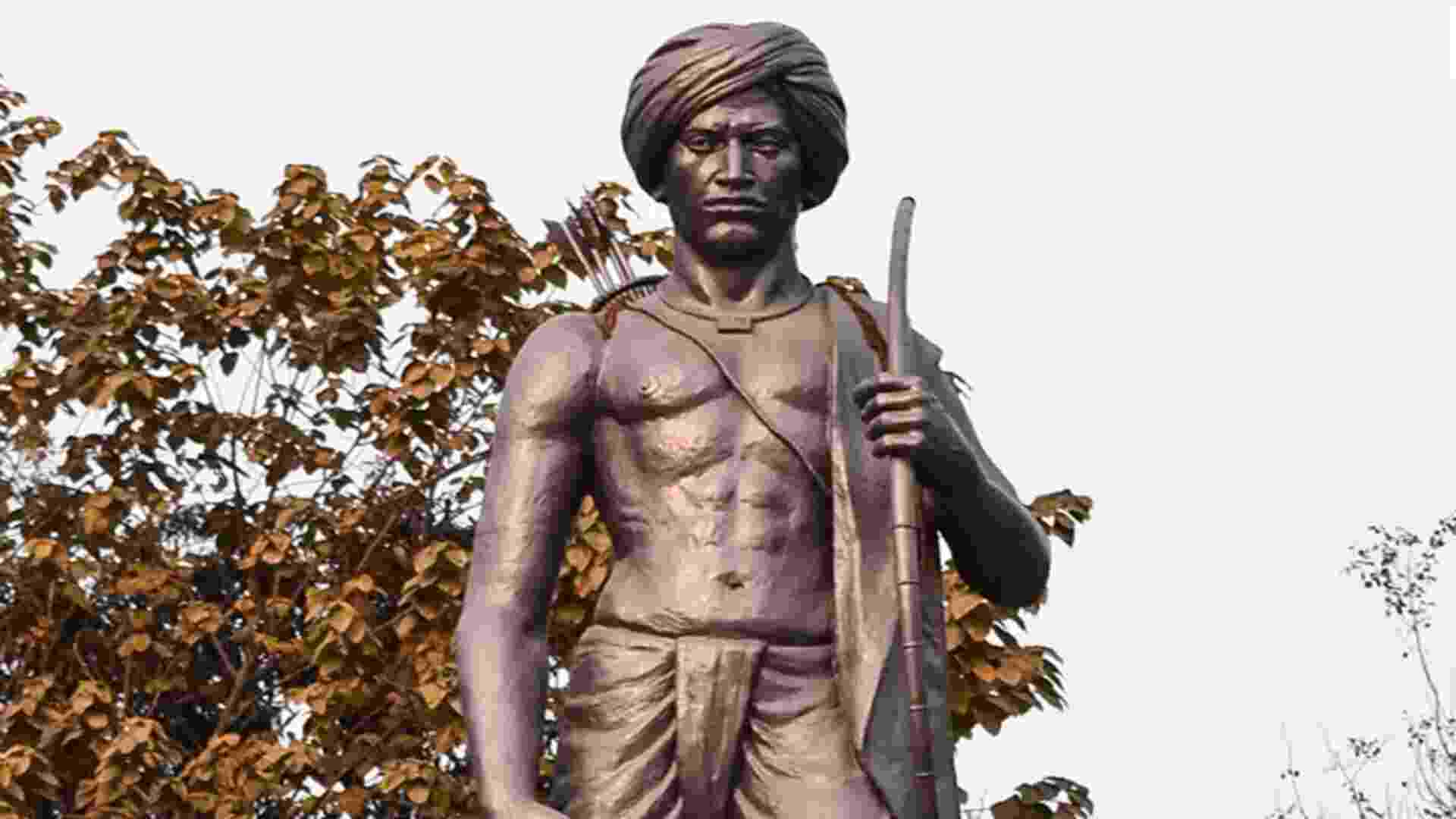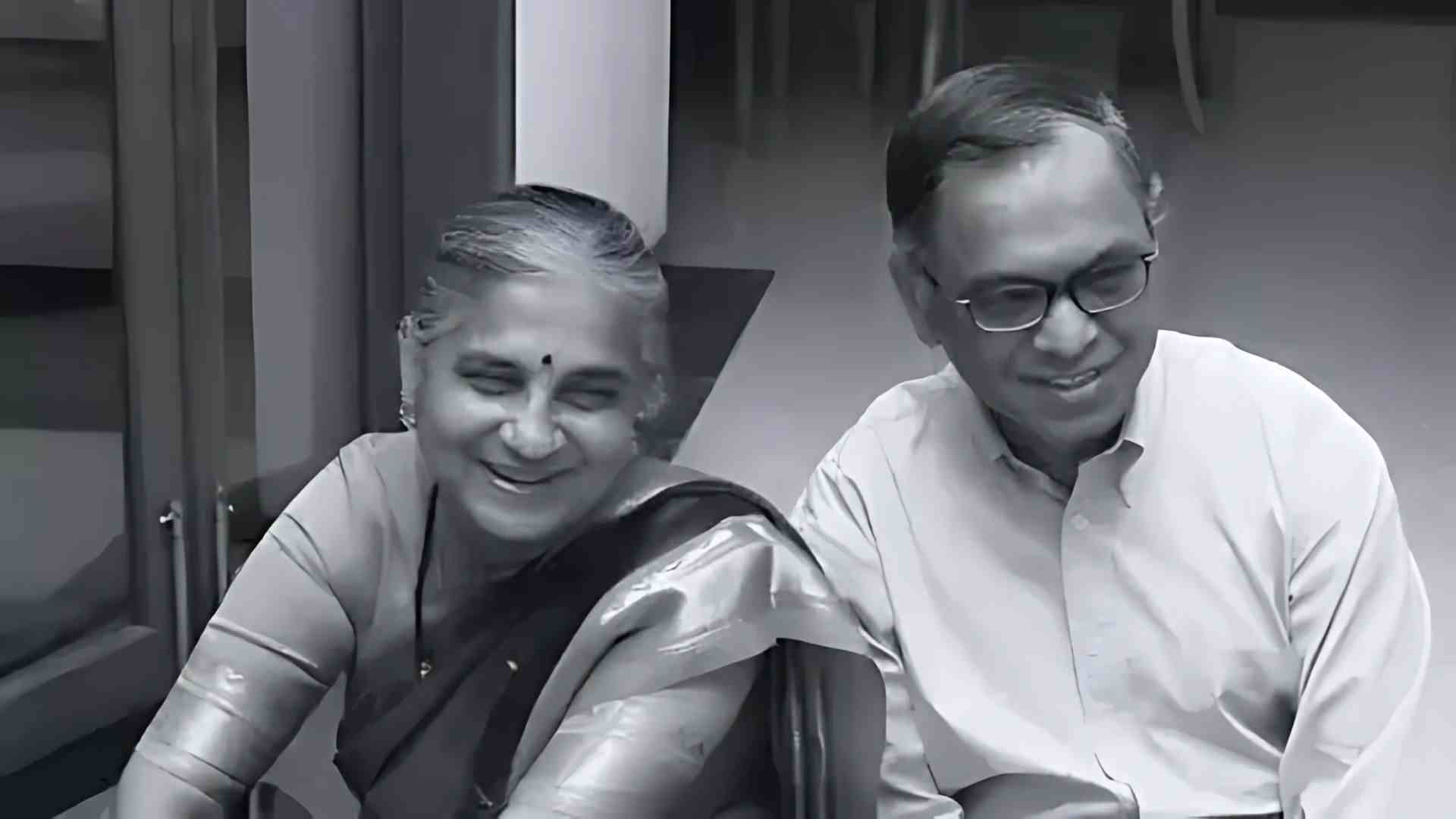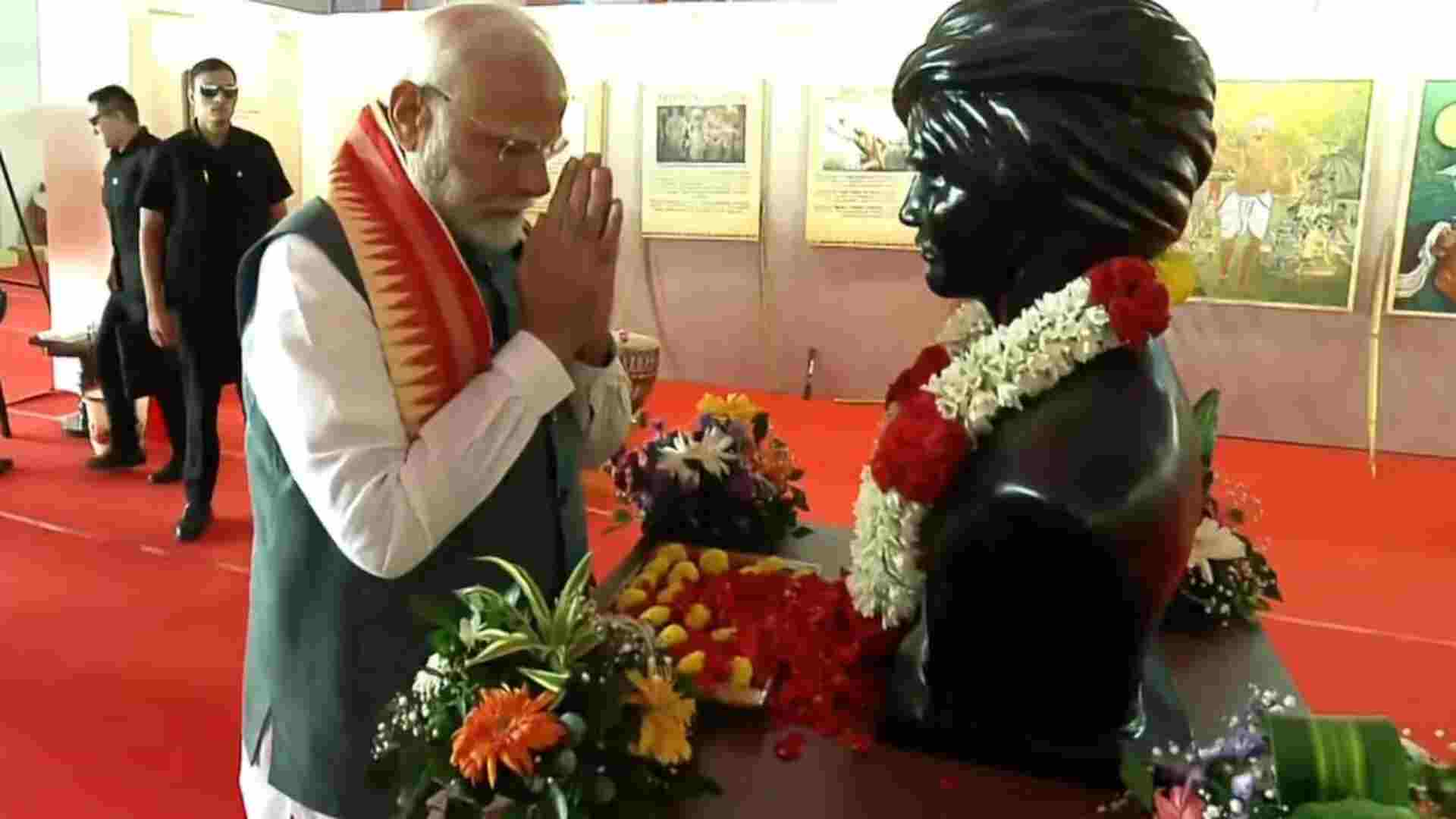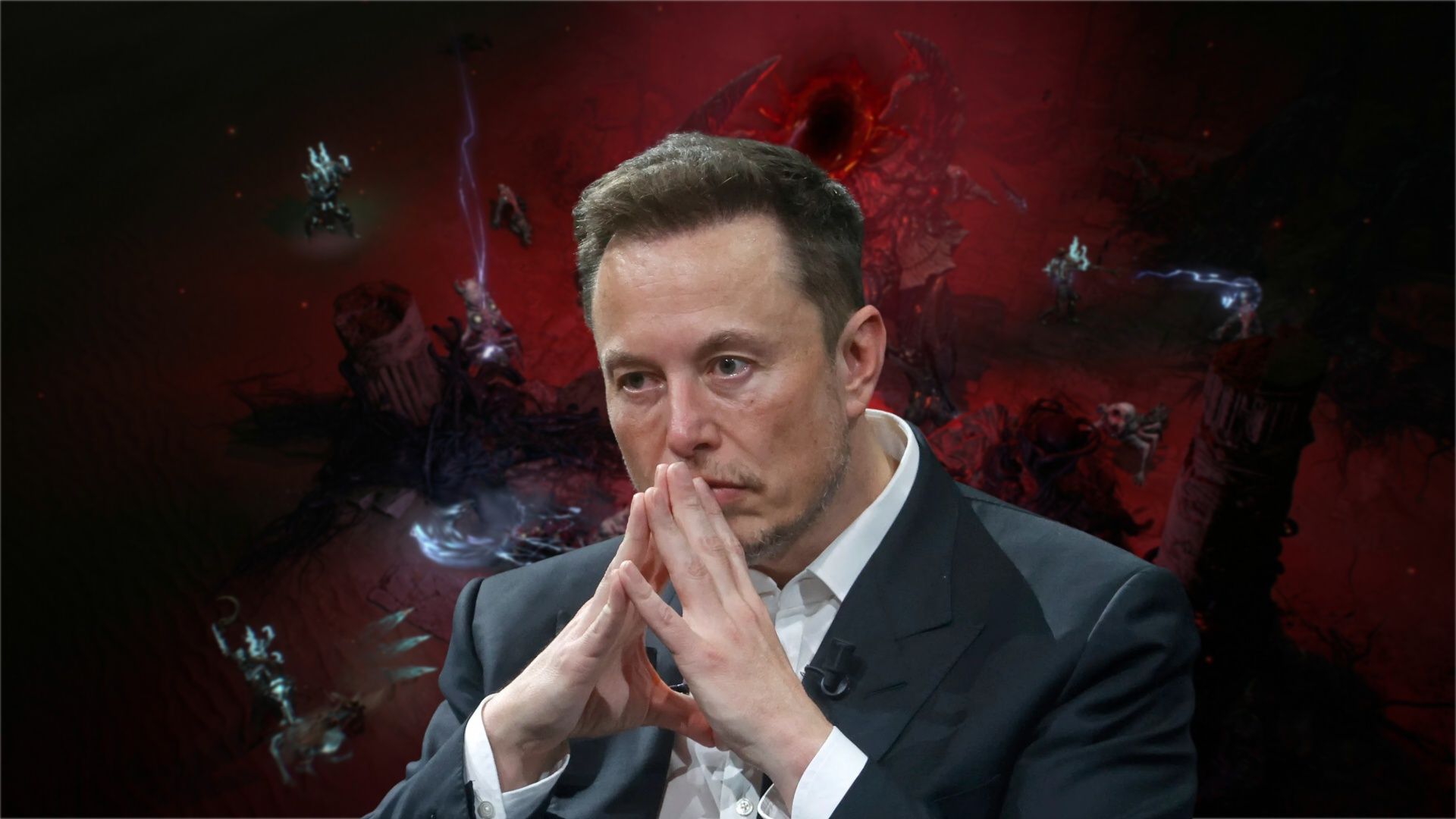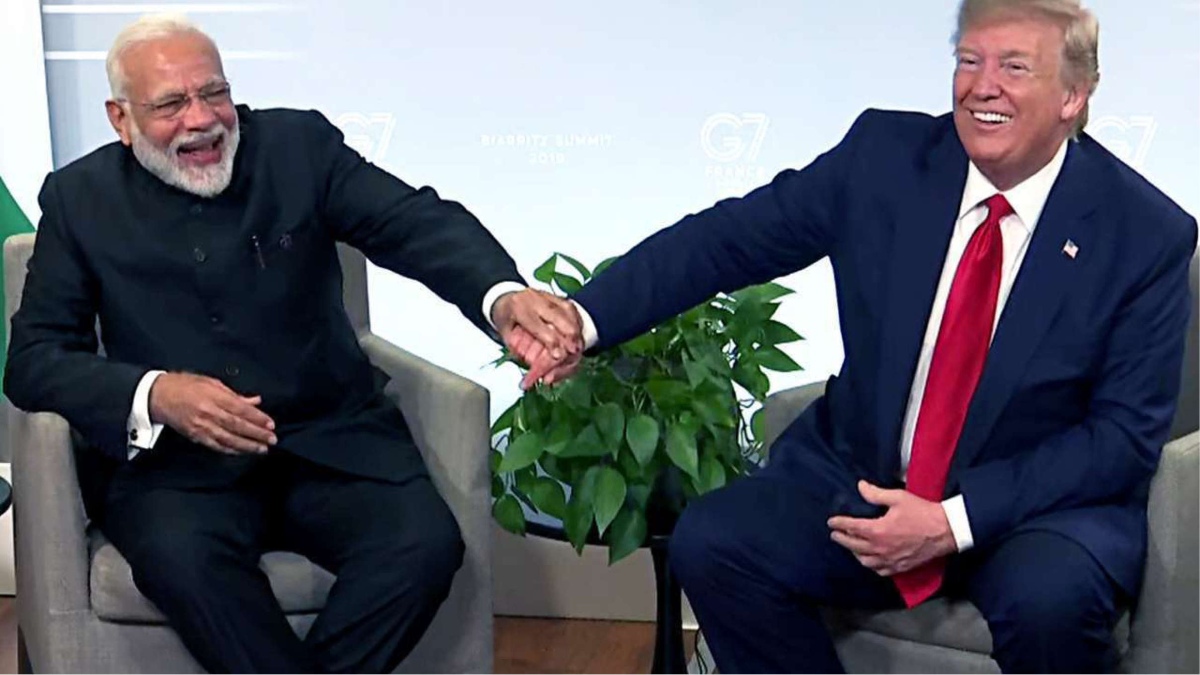
Post the unprecedented Capitol siege in Washington on 6 January, the ugly rush to draw parallels between Prime Minister Narendra Modi and his supporters and Donald Trump and his rowdy acolytes has assumed an accelerated pace. There has been a plethora of unfavourable commentary on the state of democracy in India with some questioning the resilience of Indian democracy in the event of a Washington-like crisis and others even suggesting that autocracy is already here in a subtle form.
Tavleen Singh, writing in the Indian Express (10 January 2021), wryly commented, “This has inspired me to draw for you a portrait of the ‘new Indian’ who constitutes the base of today’s BJP, which is as heavily stamped in Modi’s image as the Republican Party came to be stamped in the image of Donald Trump.”
She then went on to make a baseless and outlandish rhetorical surmise: “America may look really bad at the moment but let’s remember that its democracy just passed its hardest test and won. Would we be able to say the same in India about our institutions if put through such a test?”
How valid are these concerns? Or is this a deliberate attempt to create an illusion of impending autocracy to discredit the current government and put it on the defensive by traditional Modi baiters?
True, Indian democracy has been under siege for the last year or so, but not by PM Modi and his supporters. In fact, an objective appraisal of the current political scenario reveals that it is India’s liberal left, the political opposition and columnists like Tavleen Singh who are the ones testing the limits of our democracy.
First, in a democracy, change is affected by laws enacted in the Parliament, which people are supposed to accept. Over the last year, every effort has been made to derail this process. The CAA was a constitutionally legitimate law that was passed by the Parliament; it had a benign intent that did not impact any Indian Muslim. Nevertheless, duplicitous rumor-mongering created an atmosphere of distrust. The law was not challenged via the normal channels available in a democracy. Instead, mobs were provoked to descend on to the streets in large numbers and indulge in senseless violence to intimidate the government: a clear-cut case of ochlocracy or the rule of the mob.
The anti-farm law protest is another attempt to exploit misguided public dissent to discredit constitutionally enacted laws. The canard being spread is that the laws were rammed through Parliament without adequate discussion: A lie that flies in the face of facts. Not only have agricultural reforms been discussed for years, but in August 2014, the government had set up a high-level committee headed by Shanta Kumar to suggest agricultural reforms. I reproduce below an excerpt from the preface that clearly reveals that stakeholder suggestions were taken into account: “The Committee had wide consultations with several Chief Ministers, Food Secretaries and other stakeholders in various States. Their valuable suggestions were invited through various newspapers also. Almost 300 representations were received by the Committee and many of these valuable suggestions have been taken into consideration while finalising the report…”
Surjit Bhalla calls out this dishonesty (Indian Express, 12 December 2020). He writes, “All the above facts have been known, and discussed, by learned people for decades. Which is precisely why the intellectual gymnastics played by many learned people defending the farmers’ protests is so shocking. The “demand” by intellectuals that the farm bill should have been discussed before being passed is well beyond the bounds of conventional dishonesty.”
Deliberate misrepresentation to mislead the gullible public has been pivotal in the recent spate of protests. Dishonesty and violent blackmail are being employed as tools to undermine our parliamentary democracy and replace it with street politics.
It is even more outrageous when another commentator (Suhas Palashikar in the Indian Express, 12 January 2021) speaks of ‘mob politics’ to blame the BJP and not the Opposition. He writes, “In terms of constructing a constituency of the mob, the present moment is probably more dangerous than what India has seen so far for two reasons: There is a carefully orchestrated and sustained use of mobs which are excited prior to being unleashed … Thus, the “science” of mob politics is employed in a nuanced manner with a rhetorical discourse legitimating the mob as the people.”
Such statements warrant a reality check. The protestors taking to the streets are not BJP supporters—these are mobs unleashed by a desperate Opposition which has become even more desperate after the BJP’s massive victory in the 2019 Lok Sabha elections and sees no future for itself unless it indulges in such unruly shenanigans. So, let us be clear about one thing: the danger to India’s democracy is coming from recourse to ‘mobocracy’ encouraged by the anti-Modi gang.
Secondly, there is the usual refrain that freedom of speech is under threat and with it the constant whining of being called ‘anti-national’. Tavleen Singh writes, “They make it clear that there is no room in India for people who do not share their point of view. Dissent of any kind is for them exactly the same as sedition and they see it everywhere.”
Pratap Bhanu Mehta (Indian Express, 1 January 2021) indulges in bizarre logic by making a distinction between abstract people (read: Modi supporters) and actual people who oppose PM Modi. “The people in this construction are an abstraction, unified and marching to the same drum beat. The minute any actual people assert their reservations, express their individuality, or pose pragmatic facts against wild prophecy, they are immediately branded as being outside of the pale of the people, they are the anti-nationals. So, the rhetoric of the people can be turned against groups of actual people, one at a time. It is an enemy of both freedom and fraternity.”
Name calling does not make for civil discourse and must be avoided. But let me remind you that those complaining of being called anti-nationals today are the very same people who reveled in dubbing nationalists as extremists and ‘saffron looneys’ in the yesteryears.
These well-known columnists cry hoarse that dissent is under threat but appear to have the freedom to rant and rave against the government using choice epithets in their columns. Every week after I read their vitriolic vituperations, I sleep in peace knowing well that freedom of speech is alive and kicking in India.
With regard to the issue of corrosion of institutions, it is a matter of perspective. Charges are being bandied around with no real evidence. If a SC verdict is not to one’s liking, it does not mean that the institution is damaged. We need to be mature enough to accept verdicts with grace even if they do not conform to our ideology. That is the crux of a democracy.
Finally, let me remind the readers that despite all the charges of fascism levelled against the BJP and Modi, not a single action attributed to either Modi or the party stands out as undemocratic. In fact, the BJP and its leaders have always religiously conformed to the tenets of democracy.
In 2002, when Modi was subjected to overwhelming criticism for his handling of the Gujarat riots, he resigned prematurely, recommended dissolution of the assembly and sought a vote of trust from the public—a democratic gesture par excellence, and certainly not totalitarian.
Who can forget Atal Bihari Vajpayee’s magnanimous gesture which must go down as the finest moment of Indian democracy? In late 1999, after a successful tenure of 13 months, the BJP was forced to seek a vote of confidence as a result of a realignment of political parties. It was a test that the BJP lost by a single vote in a house of 540; a vote whose legitimacy was questionable, being cast by a Congress member (Giridhar Gamang) who had ceased, for all intents and purposes, to be a member of the august body after being elected to a state legislature. Yet, without a murmur of protest, Atal Bihari Vajpayee (the BJP prime minister) had put in his papers in the larger interest of democracy.
The current political situation in India is profoundly distressing. In their bid to pull down PM Modi, it appears that certain sections will stop at nothing, even if it means the destruction of our democracy. The rule of the mob is being encouraged as opposed to rule of the law, an illusion of free speech coming under threat is being created, and wild charges of national institutions being compromised are being thrown around. It is time that these sleazy machinations are called out for what they are.
